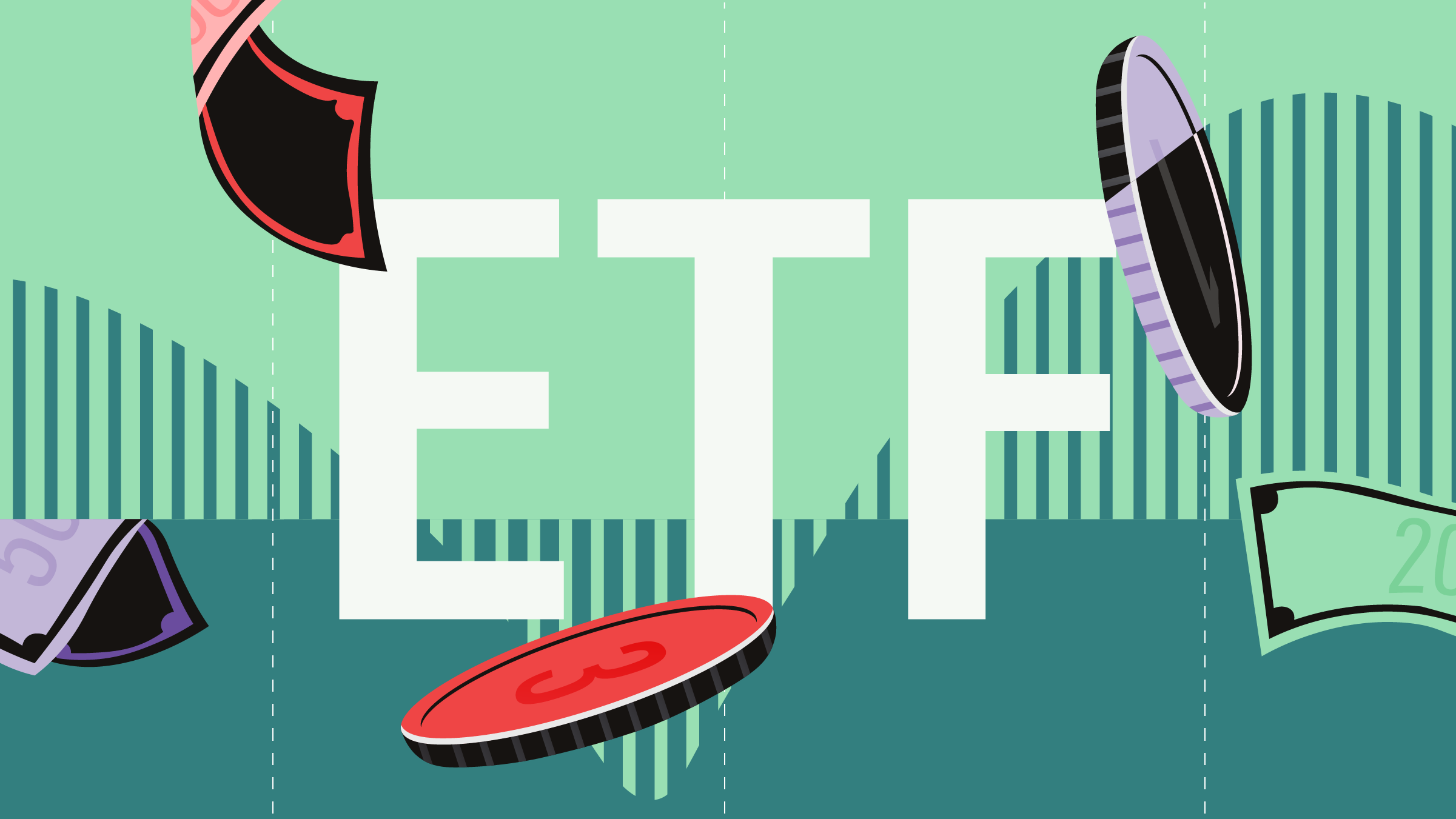
At the end of last month, Horizons ETFs announced that it plans to reorganize 44 of its existing ETFs into corporate class structures.
The move comes five months after the Federal Government’s budget announcement targeting “unfair tax advantages” by mutual fund trusts (ETFs are a type of mutual fund trust).
To make the system fairer, the Budget proposed to “prevent the use by mutual fund trusts of a method of allocating capital gains or income to their redeeming unitholders where the use of that method inappropriately defers tax or converts fully taxable ordinary income into capital gains taxed at a lower rate.” The biggest impact of the announcement would be felt by Horizons, that had over $5 billion in a suite of derivatives-based ETFs.
Mutual funds, including ETFs, can be structured as either ‘trusts’ or ‘corporations’, with different tax treatments. Corporate class funds can be viewed as one legal entity for tax purposes. A major tax advantage of the corporations is that highly taxed interest or foreign income/dividends can be offset by losses and expenses such as management fees within the fund family, and as a result, taxable distributions on interest and foreign income are therefore reduced, explains a National Bank of Canada ETF industry note.
For its part, Horizons says that its decision to restructure its assets is not a response to the budget announcement. "Even before the recent proposed changes to the taxation of mutual funds were announced, Horizons ETFs had been exploring the potential of a structural change for the majority of our synthetically-replicated index ETFs, from a mutual fund trust to a mutual fund corporate class," said Steve Hawkins, President and CEO of Horizons ETFs in the press release.
Irrespective of the catalyst or intention behind the move, the result is that $5.3 billion of Horizons ETFs assets will now fall under corporate class structures, and therefore will not be impacted by the budget announcement.
“As a group, this family of funds comprises all synthetic ETFs in Canada, except for Horizons’ HHF and Auspice’s CCX,” the National Bank note says, explaining that the proposed corporation would no longer need to make use of any “allocation to redeemer” function for taxable income, because income works differently in a mutual fund corporation. Instead of flowing through directly to investors like in a trust, income (if any) is instead taxed inside the fund family at the corporate level.
Government’s next move
The ball is now in the government’s court. What is likely to happen next?
Nothing, at least until after the Federal election next month, says Joseph N Micallef, partner and national financial services tax leader at KPMG. “There’s a lot of factors in play, and there also is a lot of confusion in the industry, but I don’t see any movement on the proposed legislation until after the election”, he said.
Industry experts agree, however, that if the government wanted to make changes to the proposed legislation, it could. However, any tweaks would potentially affect many more funds and trusts.
Further – outsized – adjustments?
“Then the federal government would have to then look at all corporate class funds to address tax treatment. Currently, Canadian mutual fund corporates have around $157 billion under management, which is almost the size of the entire Canadian ETF universe,” said Daniel Straus, vice president of ETFs and Financial Products research at National Bank of Canada, adding that it is “not impossible” that the government might revisit the issue.
He pointed out that the asset management firms do seem to be on the government’s radar, and the 2019 budget announcement was the latest one in a series of such announcements. The National Bank note outlines them:
“In 2006, the Federal Budget shut down the tax benefits of Income Trusts; in 2013, the budget changed the tax treatment of synthetic funds based on so-called “39.4 forwards”; and in 2016, federal regulations forbade further tax-free “switch” trades among share classes of a single mutual fund corporation”, the note read.
“I can’t say whether the announcement coincides with election cycles – perhaps we are reading too much into it,” Straus said, pointing out that with this move, Horizons has settled on an equilibrium. He also points out that Horizons isn’t doing anything unusual – several of its competitors are doing the same thing.
The change of structure gives Horizons (and other asset managers with corporate class structures) a degree of flexibility, however the capacity to “offset” highly taxable income with expenses depends on a number of internal factors.
Equilibrium not necessarily equity
“If they run out of this capacity, some mutual fund corporations might end up paying income tax (even after deducting losses and expenses) at a fairly high corporate tax rate. The interesting question for the government to ask is if all mutual fund corporations treated tax as trusts, would the government make more or less revenue? That isn’t clear to me,” Straus says.
Micallef points out that the budget proposals have likely created more inequities among investors than they purported to resolve. “Mutual funds versus ETFs vs pooled funds – each product is taxed differently, so there isn’t a level playing field,” he says.
Whatever happens with the election, he hopes that final outcome of the proposed legislation meets the minister of finance’s tax policy focus, while at the same time being fair and balanced for both the industry as well as investors.
For investors in the 44 ETFs that will be reorganized, Canadian resident unitholders will need to make a joint election with the proposed mutual fund corporation under Section 85 of the Income Tax Act as part of the exchange from their existing trust units into shares of a series of the new mutual fund corporation.


















